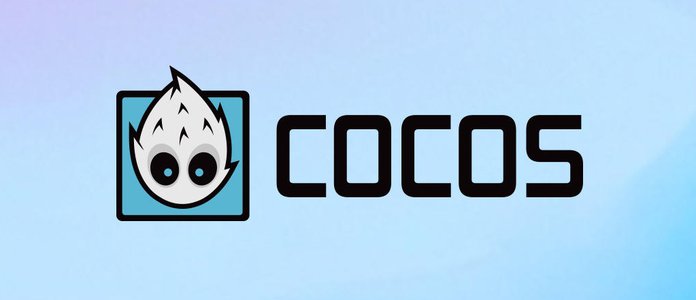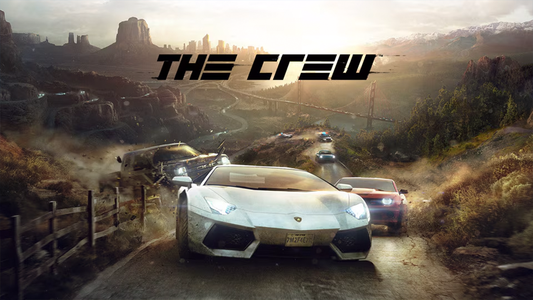As of January 2015, Dota 2 has well over 10 million active users. And, as of January 2015, Steam Content Creators have made $57 million from sales in Team Fortress 2, Counter Strike: GO, and Dota 2. With the latter being by far the most popular of those three, it’s fairly safe to say the majority of that money has been made by selling items in the Dota 2 store.
Among those many different hats, swords and cosmetics sit the Dota 2 Announcer Packs, add-ons that replace the default announcer audio with a new voice, typically borrowed from another game universe. They're an oddity among the other items in the store as they have the freedom to break from Dota 2’s strict art style and setting, something that Valve itself has happily done by inserting GLadOS from Portal and Doctor Kleiner from Half Life. The idea being that only the player is going to be hearing the barks and calls of an announcer, so it doesn’t become incongruous from the style of the game.
Of far more interest though are the announcers that don’t come from Valve. Supergiant’s Bastion narrator was the first non-Valve announcer in the store, quickly followed by Hidden Path’s Defense Grid, Frozenbyte’s Trine and most recently Galactic Café’s Stanley Parable. In addition, a few weeks from now Behemoth’s Battleblock Theatre is going to grace the store with their own announcer. An announcer for Redhook's Darkest Dungeon is also in the works.

Selling for just under $10, with 25 percent going straight back to the developers, gaining an immediate audience of over 10 million players is nothing to sniff at. However the question that comes to mind is whether, by creating an announcer pack and having it accepted into the Dota 2 store, you’re merely doubling down on your existing audience and selling to those who both enjoy your game and Dota 2, or opening it up to the entire player base of Valve’s wildly successful game, and maybe bagging a few new customers in the process.
“The Bastion announcer pack for Dota 2 crossed over half a million dollars in revenue about a year ago, of which we take the standard cut,” Greg Kasavin is the Creative Director at Supergiant Games, and their announcer pack went live on January 1, 2012. “For sure, some players learned of Bastion for the first time from the announcer pack, since Dota 2’s audience is much bigger than Bastion’s.”
It’s no huge surprise that the Bastion announcer pack was successful, as it had the benefit of being both the first non-Valve announcer in the store, as well as coming off the back of an extremely successful game. That’s not to diminish the high quality of the pack itself though, which adds a welcome level of calm and understatement to a game that is prone to bringing out the anger and frustration in people when things don’t go so well. “We ended up writing over 700 lines for the announcer pack, so on a percentage basis it’s like one fifth of Bastion’s entire script.” Kasavin continues. “[It] turned out to be a sizeable project for us and took a number of weeks in total for the writing, editing, and recording of all the content, and that’s not factoring all the work Valve did to support a bunch of special-case content (for example, our narrator will greet the player in different ways depending on what time of day they’re playing Dota 2).”
"It is an example of our efforts and we took this task seriously."
As with all things, then, the question of whether to embark on the endeavour of creating an announcer pack for Dota 2 comes down to time and cost against potential profit. Hidden Path Entertainment CEO Jeff Pobst, whose studio brought its narrator from Defense Grid to Dota 2, provided an interesting counterpoint to Bastion’s wild success.
“It was an investment that cost us around $10,000 up-front to do and took a few folks away from other tasks.” Pobst explains. “But we made approximately $15,000 on the product over the last two years.” A modest profit then, but a profit nonetheless. “I do think it helped expose Defense Grid a bit, but it’s hard to know how much – our guess is that it is more of a brand awareness type of marketing and a cool thing for us to be able to cross over into Dota 2 as well. Maybe players think 'oh that’s the guy from that tower defense game my friends talk about.' We expect that’s more likely than people hearing it while playing Dota 2 and deciding they’ll immediately go out and buy Defense Grid or Defense Grid 2.”
“But if people like what they hear: his tone, his humor, his way of talking about what’s going on, maybe that helps them go ahead and purchase the game if they’re on the fence and looking for confirmation that we care about high quality production values in our work. It is an example of our efforts and we took this task seriously.”

In comparison, the story from Davey Wreden, writer and creator of The Stanley Parable, is a little harder to pin down. “I’m not sure I have any good concrete information on this, I don’t actually have the number of sales of the pack. We launched it about the same time as the Steam Summer Sale so the sales numbers are not particularly useful.” Similarly, in terms of cost, Wreden has this to say: “There’s no way to gauge the expense of the project, since it was just me, William and Kevan (the Narrator), putting in our free time for a few months.”
Regardless, the message from all three of the people I talked to was positive, not merely in terms of financial success of the announcer packs, but also in creative terms, too. The Bastion announcer was 700 lines of speech, The Stanley Parable 600 (although admittedly a lot of those lines were much longer than average), and Defense Grid's as 525. The primary difference in terms of cost between Defense Grid and the other two is that Hidden Path had to pay for recording studio time with their voice actor, whereas both Bastion and The Stanley Parable had their voice actors in-house, as a part of the development team, making their time much more economically efficient.
What is also similar across all three of these projects is their reasons for creating their announcers. For both The Stanley Parable and Defense Grid, there was fan demand for the announcer pack, which spurred the respective developers to investigate the possibility. With Bastion things were a little different: “[Valve] more or less mentioned to us that if we were interested in doing an announcer pack, we could go crazy.” Kasavin explains. Still, all three were the result of outside demand.
No tags.





































